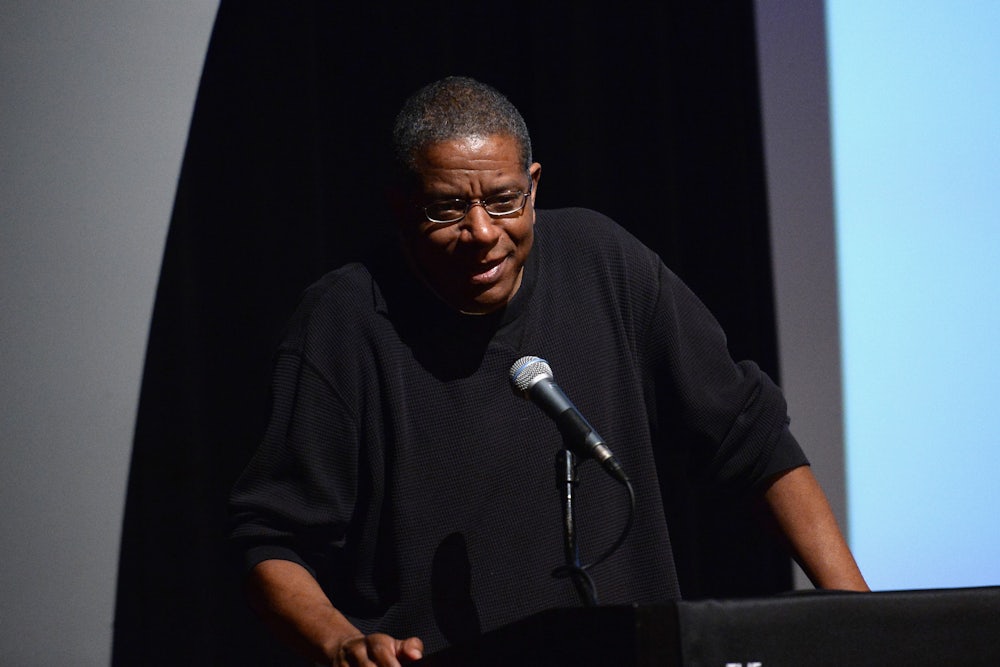Complaining about the Man Booker Prize, as I wrote last year, is an important British tradition, like the monarchy, bad weather, and imperialism. Some years, people complain about the prize being too mainstream, others for being too obscure. Every year since 2014, when Americans were first included, people have complained about Americans being included. The Man Booker Prize’s history is defined as much by its many controversies—over its imperialist history, its insularity (which leads to perennial allegations of corruption), and its general conservatism—than anything else.
This year, it seems, people will complain about the prize being too obscure. As Waterstones fiction buyer Chris White told The Guardian, this year’s longlist is notable for the authors who aren’t included: “Having left off established names such as McEwan, Barnes, Tremain, and Swift from the longlist, the shortlist is now without the two titles I thought shoo-ins: The North Water [by Ian McGuire] and My Name is Lucy Barton [by Elizabeth Strout]. Having said that, it is—as the longlist was—an intriguing and refreshing list which will introduce thousands of new readers to some remarkable works of fiction. If I were to pick a winner I would say it will be between [Deborah] Levy and [David] Szalay but then I’m almost always wrong.”
This year’s shortlist includes books by two Americans (The Sellout by Paul Beatty, who is pictured above, and Eileen by Otessa Moshfegh), one Canadian (Do Not Say We Have Nothing by Madeline Thien), one Canadian-born Brit (All That Man Is by David Szalay), one South African-born Brit (Hot Milk by Deborah Levy), and one Scotsman (His Bloody Project by Graeme Macrae Burnet). I agree with White that Levy and Szalay are probably the frontrunners, but The Sellout and Eileen are both outstanding, and are two of the best books published in the U.S. last year. Whatever you think of the Man Booker Prize, Beatty and Mosfegh should prove, once and for all, that opening up the prize to Americans wasn’t such a bad idea, because Americans write better books.
